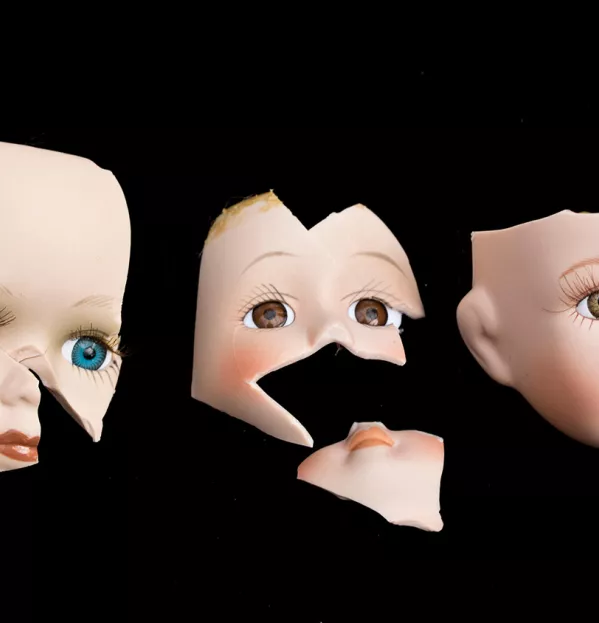Our eldest child fell into a canal lock while having a fit. Fraser had been diagnosed with epilepsy years before, but the fits were never of the “classic” fall-on-the-floor type (tonic clonic). In fact, despite a formal diagnosis, spells of absence or dizziness were often dismissed at school as a failure to pay attention or reluctance to exert himself.
However, as he hit puberty, Fraser’s symptoms changed. He started to have vomiting episodes, followed by Todd’s paresis, where he would lose control of one side of his body. Over months, we worked out the right medication to control the nausea, then it shifted again to vomiting followed by the more commonly recognisable tonic clonic fitting. At first, Fraser could predict a fit and make himself safe before slumping over. But two weeks later, the fits had morphed to “dropping” once a day. He didn’t enjoy waking up in the supermarket with people staring down at him or causing a domino of falling bodies at a party when an attractive girl came near.
These experiences are embarrassing and frightening for a 15-year-old, but the ramifications of epilepsy on life chances and outcomes are even more uncomfortable than the emotional and health challenges.
At the time, it wasn’t clear to me, as a teacher and a parent, that the impact on his learning was going to be so huge.
The reason a child with epilepsy should be high on a school’s vulnerability radar is that there is a strong correlation between the condition and underachievement.
A recent systematic review of epilepsy studies showed that children with the condition also have low academic achievement. Epilepsy is more common in people with a learning disability than in the general population: the more severe the learning disability, the more likely the person will also have epilepsy.
Increasingly, research also suggests that temporal lobe epilepsy (originating in the front of brain) is associated with low mood and depression.
What, then, the impact on learning? If we know there is greater susceptibility to learning and emotional difficulties, we can better target intervention.
Of course, there is a chicken and egg question that can be distracting: is it the epilepsy causing problems with learning, or is it the case that the more severe the learning difficulty, the more likely it is that epilepsy is an accompanying feature? Or is it the well-evidenced low mood and emotional behaviours associated with epilepsy that could be affecting how children access education?
Fraser is lucky: his epilepsy is under control and he has been supported by special educational needs coordinators, whose close monitoring of cognition and learning have led to timely interventions and sustained progress.
A child with epilepsy is vulnerable to is more than simply health issues, therefore early and continuous monitoring by our schools of their academic performance is crucial.
Margaret Mulholland is director of development and research at Swiss Cottage School, London
References
“The impact of epilepsy on academic achievement in children with normal intelligence and without major comorbidities: A systematic review”, bit.ly/Epilepsyreview
